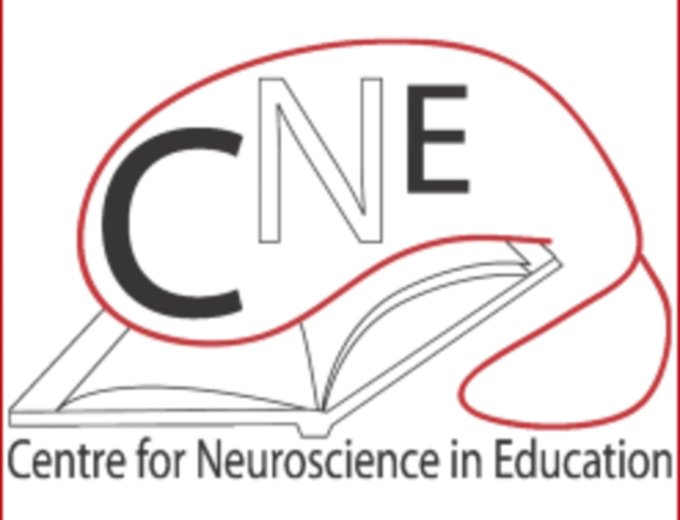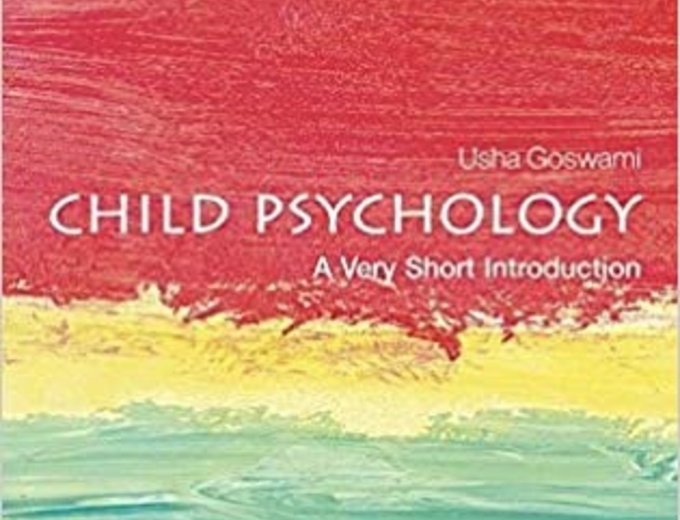
Our research projects
Further Information

News
19 May 2025
CNE BabyRhythm research informed a groundbreaking project in India
19 May 2025
Professor Usha Goswami has been elected to the American Academy of Arts and Sciences (AAAS)
23 Jul 2024
Our study funded by the Fondation Botnar has recently published new findings.
18 Jun 2024
A new publication has been released from the project funded by the Yidan Foundation
18 Mar 2024
New research findings have been published from the BabyRhythm project, funded by the European Research Council (ERC).
4 Mar 2024
Our study funded by the Fondation Botnar project has recently published findings in the Clinical Neurophysiology Journal.
